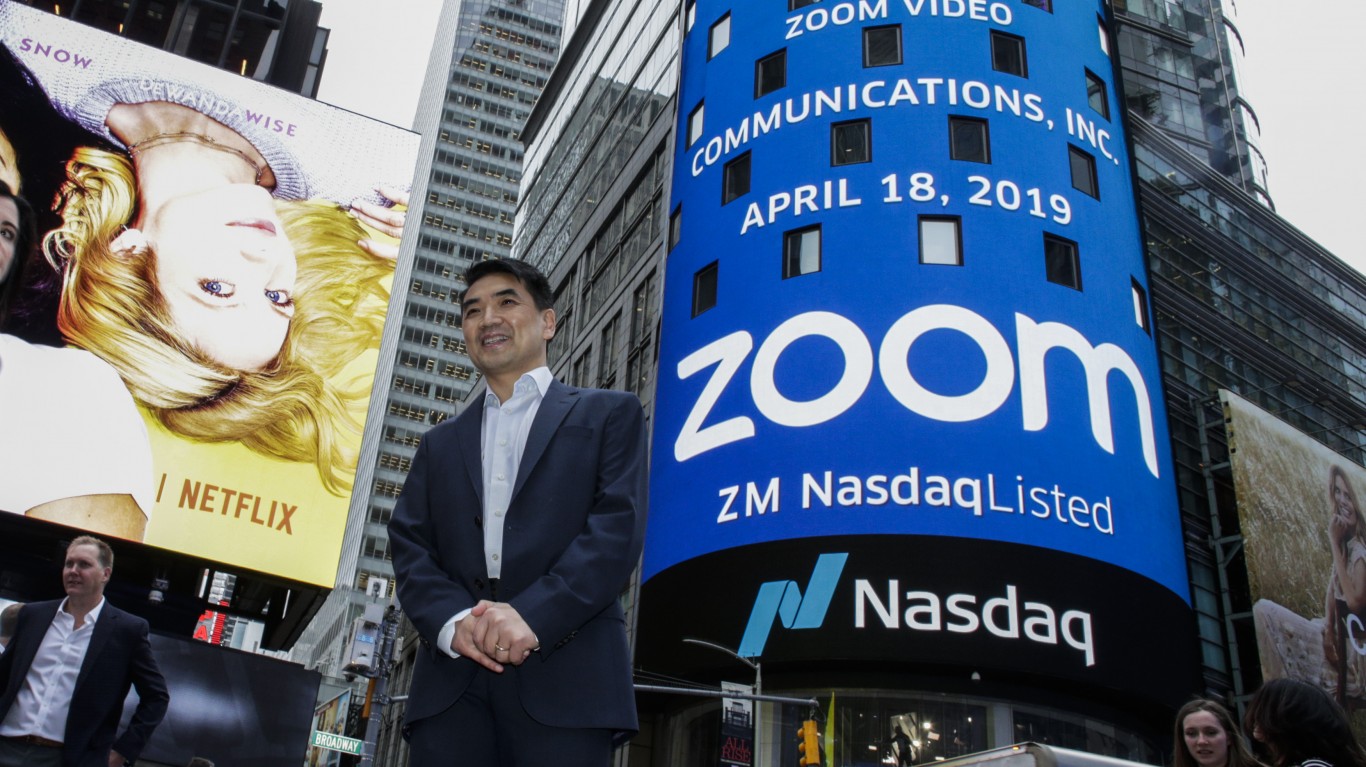 U.S. Treasury Secretary Timothy Geithner spoke this morning and has effectively called for banks which have received government bail-out funds to boost their lending activities. Geithner noted that a lack of lending and strict limits to credit might act as a buffer against a continued recovery.
U.S. Treasury Secretary Timothy Geithner spoke this morning and has effectively called for banks which have received government bail-out funds to boost their lending activities. Geithner noted that a lack of lending and strict limits to credit might act as a buffer against a continued recovery.
The Obama administration is trying to come up with new ways to turn the credit back on for small businesses. It is no wonder that Goldman Sachs Group (NYSE: GS) launched its initiative this morning. The firm’s public relations and financial relations campaign is a $500 million 10,000 Small Businesses initiative aimed at fostering small business growth and job-creation for up to 10,000 small businesses. The company plans to offer business education, mentorships, business networks, and capital.
Geithner noted that banks need “to be working with us, not against recovery.” He also noted that it was taxpayers saving the banks rather than their great intelligence and efforts that has led to the return of bank earnings, and he said banks have some responsibility and are obliged to assist in the recovery of communities. But, Geithner also defended banking sector earnings. It has been noted how lending standards have tightened month after month. Where this gets interesting though is in evaluating credit risks and interpolating that data for risks ahead.
For starters, the Treasury has printed more money than was previously imaginable, and much of that has to offset bad loans and bad assets in the future. It is also easy to see where the risk is on a broad double-dip basis…. If the banks revert back anything at all close to the old lending standards then there will be a system flush with fake money. That would ramp up the FOMC inflation expectation time line exponentially.
Another issue that is worth thought here is that if banks go back to turning the credit lines and loans back on, then they are taking a double jeopardy approach to what is on the asset side of their respective balance sheets. If the banks are valuing all new loans at par and those do not perform properly, then it is only going to work against the current and future book value of bad loans that are still on the books. It also seems that banks can stomach the criticism of being far too tight in credit rather than having to answer to regulators and politicians in the coming years about why the suddenly starting putting their balance sheets at risk all over again with a flood of new loans.
It is probably a slam-dunk argument that bank’s are too tight right now in their lending. But the banks are also having to keep their books as solid as a rock right now. Many politicians and pundits are already calling for a repeal or semi-repeal of the banking reforms that took place from the late 1980’s into this decade. Then there is the too-big-to-fail notion that the banks have to fight all day and every day.
If no lending or very low lending continues then will keep a recovery from happening. But it also keeps the assets of the bank from being worth less or becoming at further risk. A sudden robust return to lending will create inflation as that velocity of money picks up and will also put the banks at risk in late 2010 or beyond for a whole new slate of bad loans. A happy medium is going to be very hard to find in the near-term.
JON C. OGG
November 18, 2009
The Average American Has No Idea How Much Money You Can Make Today (Sponsor)
The last few years made people forget how much banks and CD’s can pay. Meanwhile, interest rates have spiked and many can afford to pay you much more, but most are keeping yields low and hoping you won’t notice.
But there is good news. To win qualified customers, some accounts are paying almost 10x the national average! That’s an incredible way to keep your money safe and earn more at the same time. Our top pick for high yield savings accounts includes other benefits as well. You can earn up to 3.80% with a Checking & Savings Account today Sign up and get up to $300 with direct deposit. No account fees. FDIC Insured.
Click here to see how much more you could be earning on your savings today. It takes just a few minutes to open an account to make your money work for you.
Our top pick for high yield savings accounts includes other benefits as well. You can earn up to 4.00% with a Checking & Savings Account from Sofi. Sign up and get up to $300 with direct deposit. No account fees. FDIC Insured.
Thank you for reading! Have some feedback for us?
Contact the 24/7 Wall St. editorial team.





